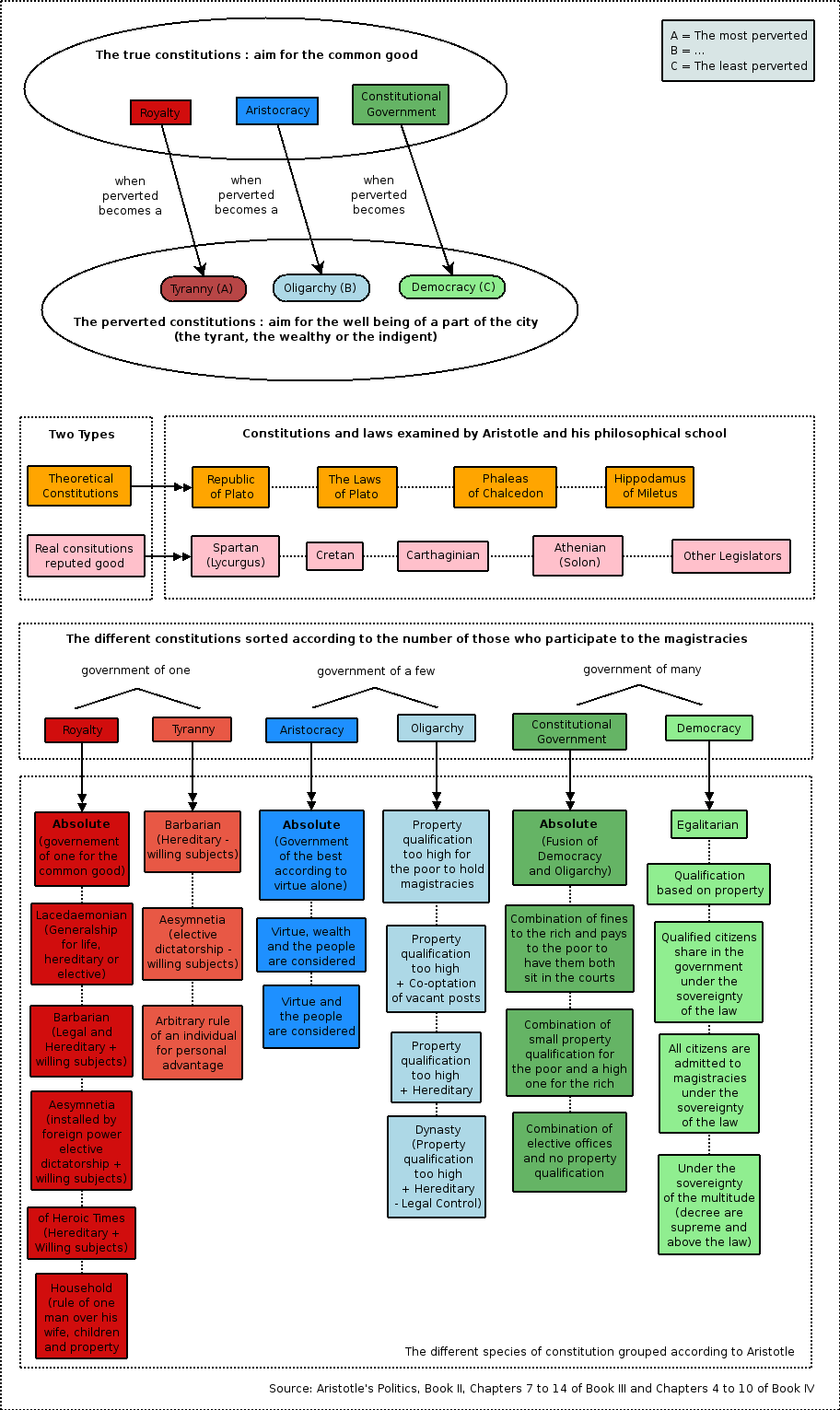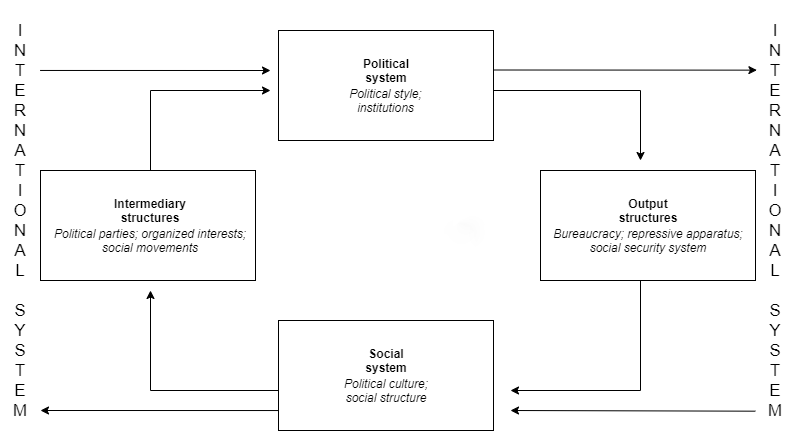We do not hate politics because we know that politics is the policy of the king. Some bad people are entering politics and ruining the whole political name tie just like one gallon of cow's lime can ruin the whole milk. We should all love politics and those who tarnish the name of politics should be expelled from politics.
The politics of Bangladesh revolved around the history of the country's birth, the existing system of government, international influence and the political mentality of the people. Since the formation of the Provisional Government in 1971 and the enactment of the Provisional Constitution, the system of government in Bangladesh has changed at least five times. The present system of government in Bangladesh is parliamentary. In this system, the main power of the government is vested in the hands of the Prime Minister.
The reasons for liking politics are as follows
- Without politics, our situation would be like sailing without a boatman, so there would be no peace in the country.
- We could not move at safe.
- If we have problems, we have to go to the people in politics.
- Politics works with the future of students.
- Present the country well to other countries.
The following are some aspects of disliking politics:
- Many good students are getting lost in politics.
- Many families do not get a fair trial.
- Some of politic leaders do not remember their promises.
- Bad image is created in the country.
Politics involves a variety of methods, including propagating one's own political views, exchanging views with other political figures, enacting laws, and using force, including fighting against one's opponents. Politics is practiced at a wide range of social levels, ranging from clans and groups of traditional societies to modern local government, business and educational institutions to sovereign states, and international levels. In modern nation-states, people often form political parties to advance their own ideology. Members of a party often agree on coexistence on different issues and agree to support the same change of law and the same leader.

The features of politics are as follows:
The official decision-making process of the government is defined by the political system or state system. It is usually compared to the legal system, the economic system and the social system. According to David Easton, "the political system can be regarded as an authoritarian interaction that values values for a society." Every political system is part of a society that has its own political culture, and as a result they build society through government policies. The interaction between different political systems or state systems is the basis of global politics.

Types of government:
Anarchism - This is a political aspect that is considered unnecessary, harmful and undesirable and speaks in favor of a stateless society.
Authoritarian Government - Authoritarian government advocates for the omnipotence of the state in a republic or the United States. It is a system controlled by unelected rulers who live with some personal freedom.
Constitutional Monarchy - A monarchy exists in this national government; But the power of that monarchy is limited by law or proclaimed constitution. Example: United Kingdom
Constitutional Republic - The power of this national government is limited by law or formal constitution and this government is elected by a small portion of the population of the country concerned. Note that ancient Sparta was declared a democratic state; But most of the people in that country were deprived of the right to vote. Again the United States of the first era was also a democratic country; But slaves did not have the right to vote in those days.
Democracy - Democracy is a government elected by the largest segment of the country's population. This government can be either a constitutional monarchy or a constitutional republic. The right to vote in a democracy does not depend on one's social status or wealth.
Dictatorship - the government of a single individual voluntary country. Authoritarian rulers usually seize power by force. (See also Autocracy and Statehood).
Monarchy - the rule of a person who inherits power.
Narrow factionalism - the rule of small groups or families with the same interests.
Capitalism - the rule of the rich class.
Divinity - The rule of religious leaders.
Sovereign Government - This national government imposes its authority on every aspect of government and private life.
Law-abiding government - This national government considers the rule of law to be final; Rewards the law-breakers and severely punishes the law-breakers.